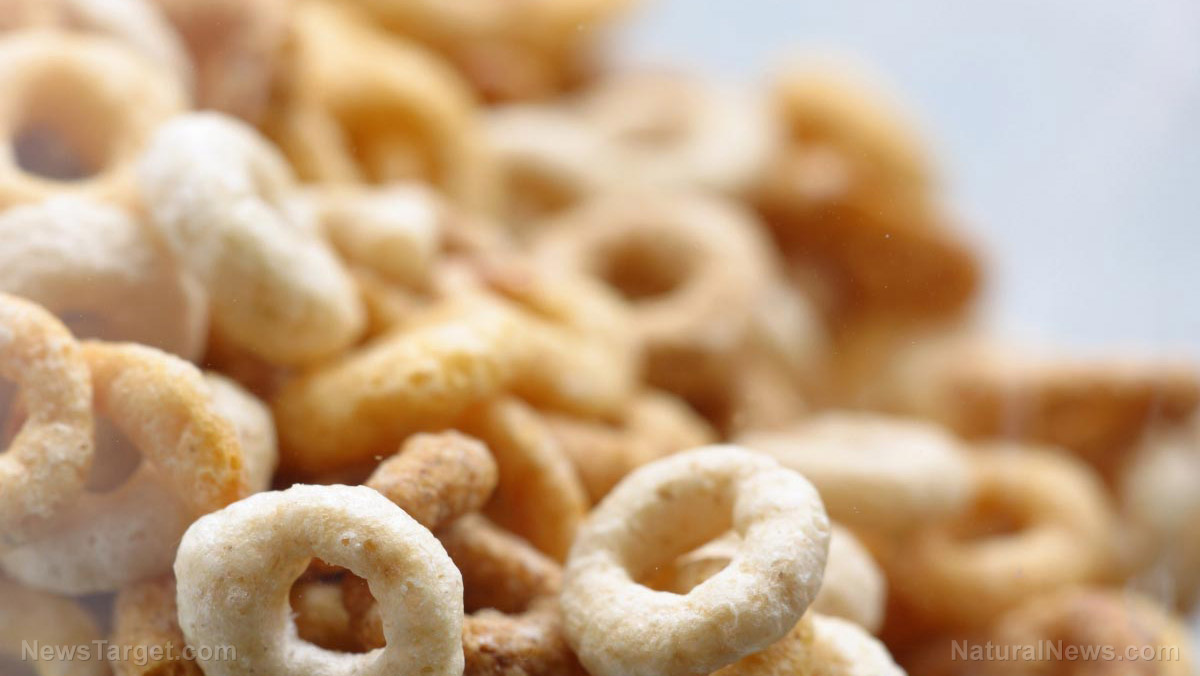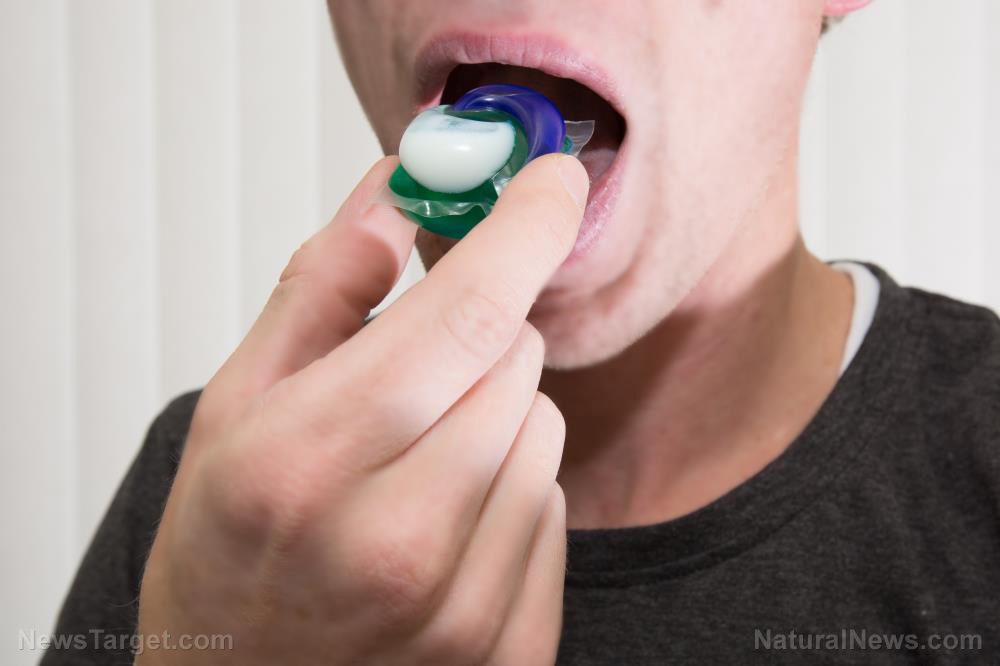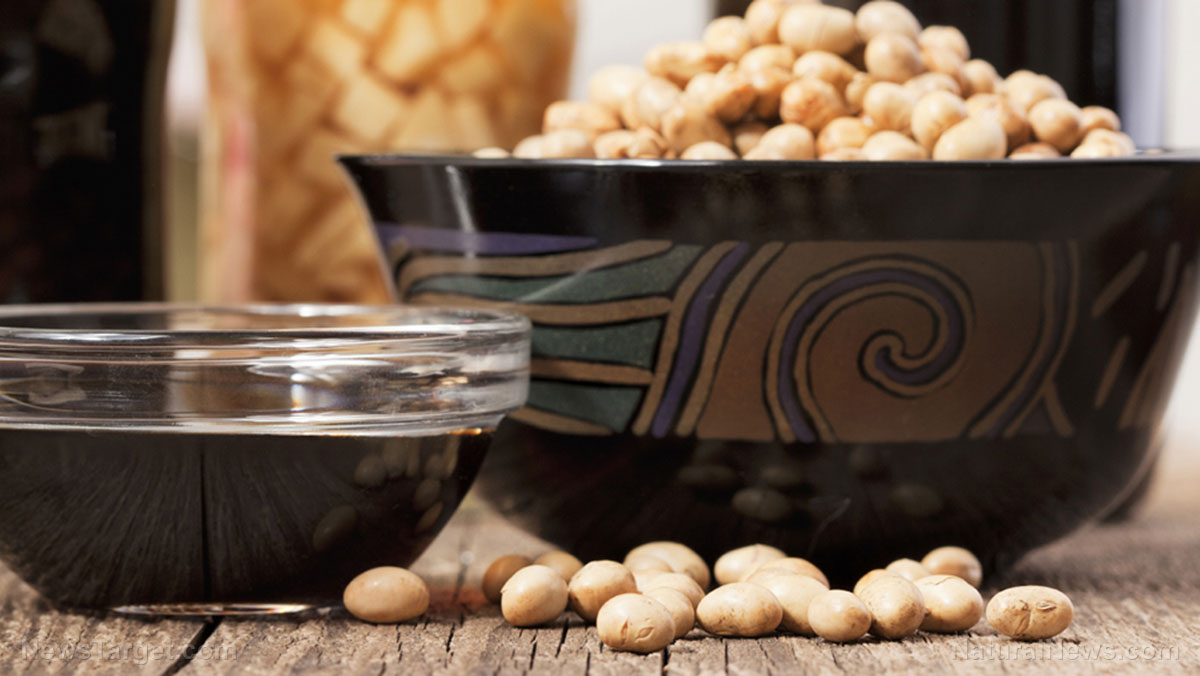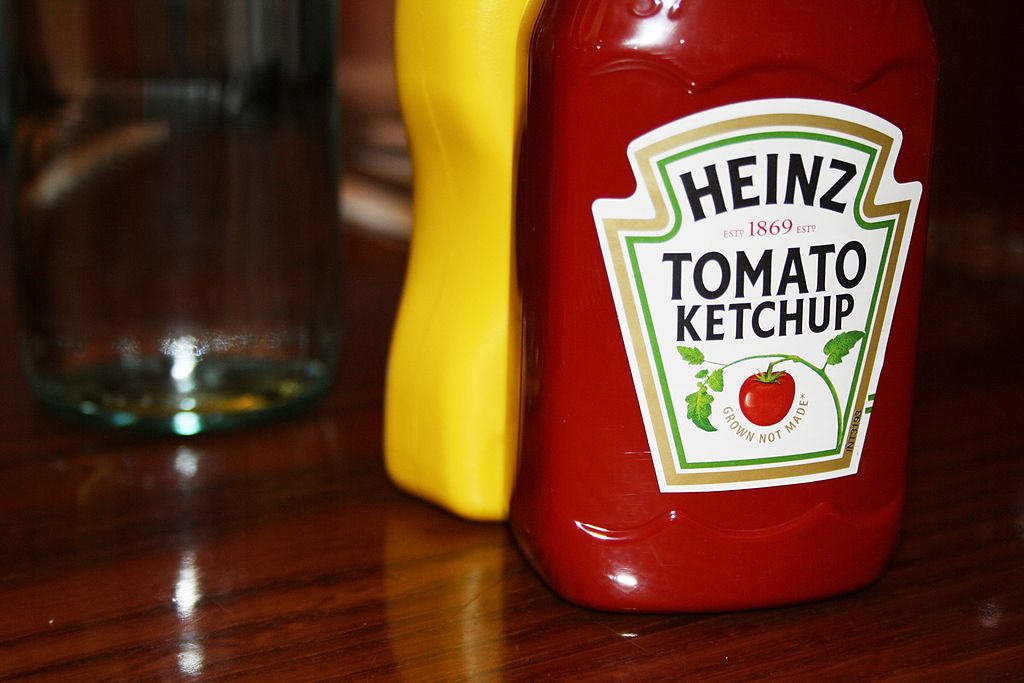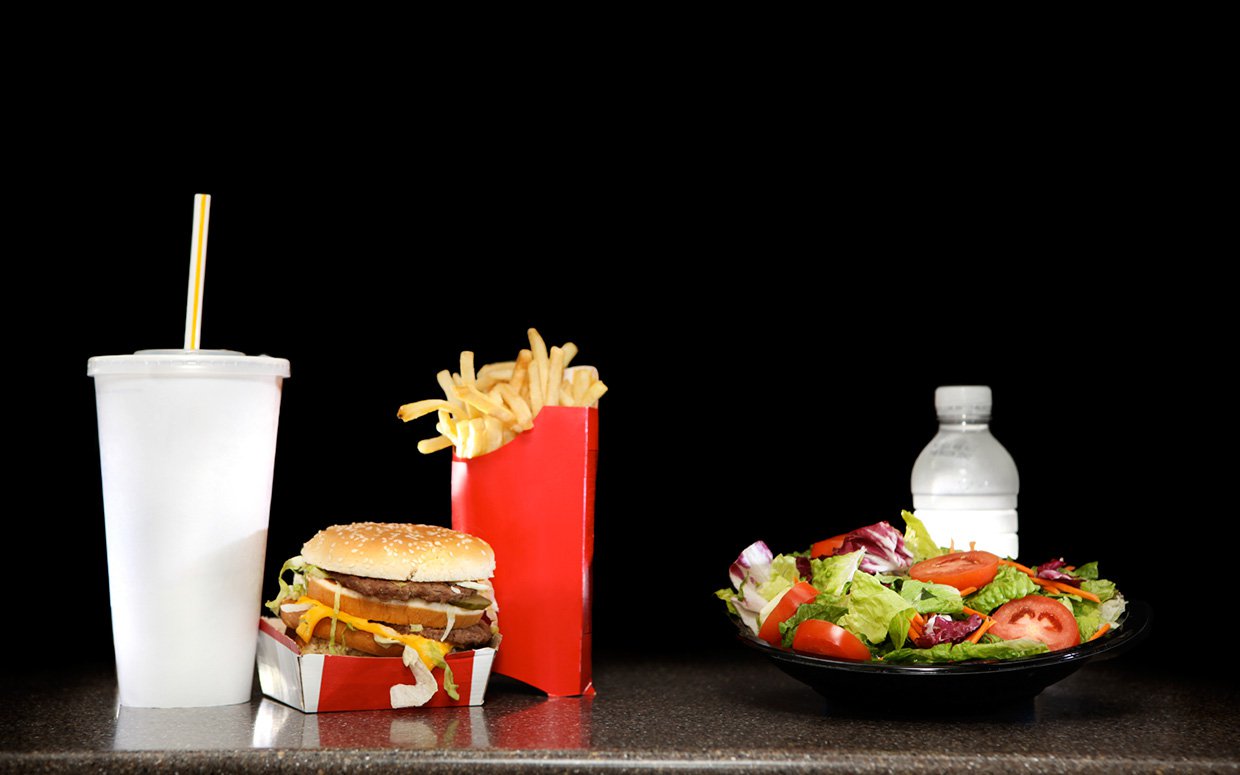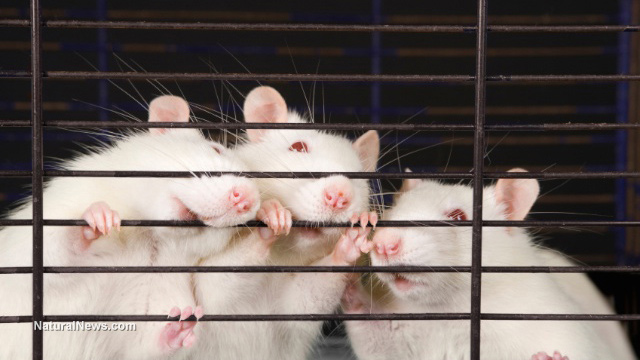It takes just ONE sugary drink a day to increase your risk of heart disease-related death by a third
11/25/2019 / By Melissa Smith
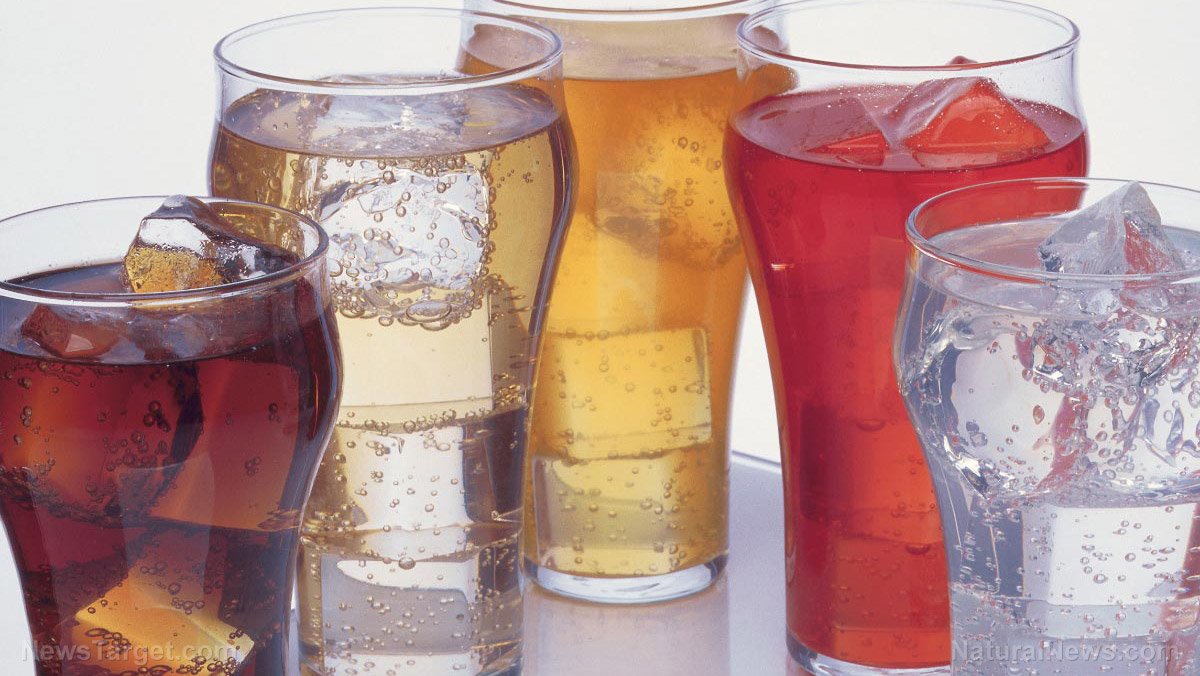
Sugary drinks may be sweet to the taste, but not to your health. Sugar-sweetened drinks have been linked to a host of health problems including diabetes and obesity – but consuming them not only causes diseases, it can also lead to death. A study published in the journal Circulation revealed that just drinking a can of sugar-sweetened beverage a day can increase your risk of dying from heart disease by 31 percent.
Previous studies have shown that sugar-sweetened beverages, such as carbonated and noncarbonated soft drinks, fruit drinks, energy drinks, and sports drinks, are the single largest source of added sugar in the Western diet. The consumption of these drinks continues to increase not only in the U.S., but also in developing countries.
In the current study, researchers from Harvard T.H. Chan School of Public Health examined data from 80,647 women and 37,716 men. Women participants were enrolled in the Nurses’ Health Study conducted from 1980 to 2014, while the men were enrolled in the Health Professionals Follow-up Study conducted from 1986 to 2014. For both studies, all participants completed questionnaires about their lifestyle and health status every two years.
After considering major diet and lifestyle factors, the Harvard researchers found that those who drank two or more servings of sugar-sweetened beverages each day were 31 percent more likely to die from heart disease. The risk increases as the consumption increases. Each additional sugary drink intake per day was linked to a 10 percent higher risk of cardiovascular disease-related death.
The researchers also found a link between the intake of sugary drinks and the risk of premature death from any cause. The more sugary drinks a person drank, the more his or her risk of early death from any cause increased.
They found that drinking two or more cans of sugar-sweetened beverages per day increased the participants’ risk of premature death by any cause by 21 percent. Drinking one to two sugary drinks per day increased the risk by 14 percent; two to six every week with a six percent increase; and one to four per month with one percent greater risk.
Consuming sugary drinks increases the risk of cancer-related death
The researchers also found that sugary drink intake was linked to a higher risk of early death due to cancer, but to a lesser extent. This wasn’t the first time that sugary drink intake was associated with cancer.
A study published in the journal Public Health Nutrition found that frequent and long-term intake of these toxic beverages increases the risk of 11 obesity-related cancers, regardless of your weight. These cancers included aggressive prostate, colorectal, endometrium, esophagus, gallbladder, gastric cardia, kidney, liver, ovary, pancreas, and postmenopausal breast cancers. This study suggested that even if you are a person with a healthy weight, you may still be at risk of cancer if you continue to consume sugary drinks.
The Harvard researchers concluded that their findings support the known negative effects of high sugar intake on metabolic risk factors, as well as the strong evidence that drinking sugary beverages increases the risk of Type 2 diabetes – which is also a major risk factor for premature death.
“The results also provide further support for policies to limit marketing of sugary beverages to children and adolescents and for implementing soda taxes because the current price of sugary beverages does not include the high costs of treating the consequences,” said Walter Willett, professor of epidemiology and nutrition and one of the authors of the study.
Switching to healthier drinks
Here are some tips on how you can reduce or avoid drinking sugary beverages:
- Read nutrition labels and ingredients – Some sugary drinks, such as energy drinks, can be deceiving as they are often marketed “healthy” drinks. However, they are loaded with calories and added sugars. For this reason, it is important to read the label carefully to know what’s in your drinks.
- Try fruit-infused water – If you think water is too bland or boring, try adding slices of your favorite fruits to your water. This will give it more flavor and a boost in nutrition.
- Make a smoothie – If you’re still craving something sweet, make a healthy smoothie. Blend frozen fruits and vegetables with plain, low-fat yogurt, milk, or water. This is a much healthier alternative to sodas and other sugar-sweetened drinks.
The takeaway is that when you drink just one can of soda, you are already putting your life at risk. There is no benefit from it, other than satisfying your sugar craving.
Sources include:
Tagged Under: artificial sweeteners, diabetes, heart disease, premature death, prevention, research, sugary drinks, toxic foods, toxic ingredients
RECENT NEWS & ARTICLES
StopEatingPoison.com is a fact-based public education website published by Stop Eating Poison Features, LLC.
All content copyright © 2018 by Stop Eating Poison Features, LLC.
Contact Us with Tips or Corrections
All trademarks, registered trademarks and servicemarks mentioned on this site are the property of their respective owners.



